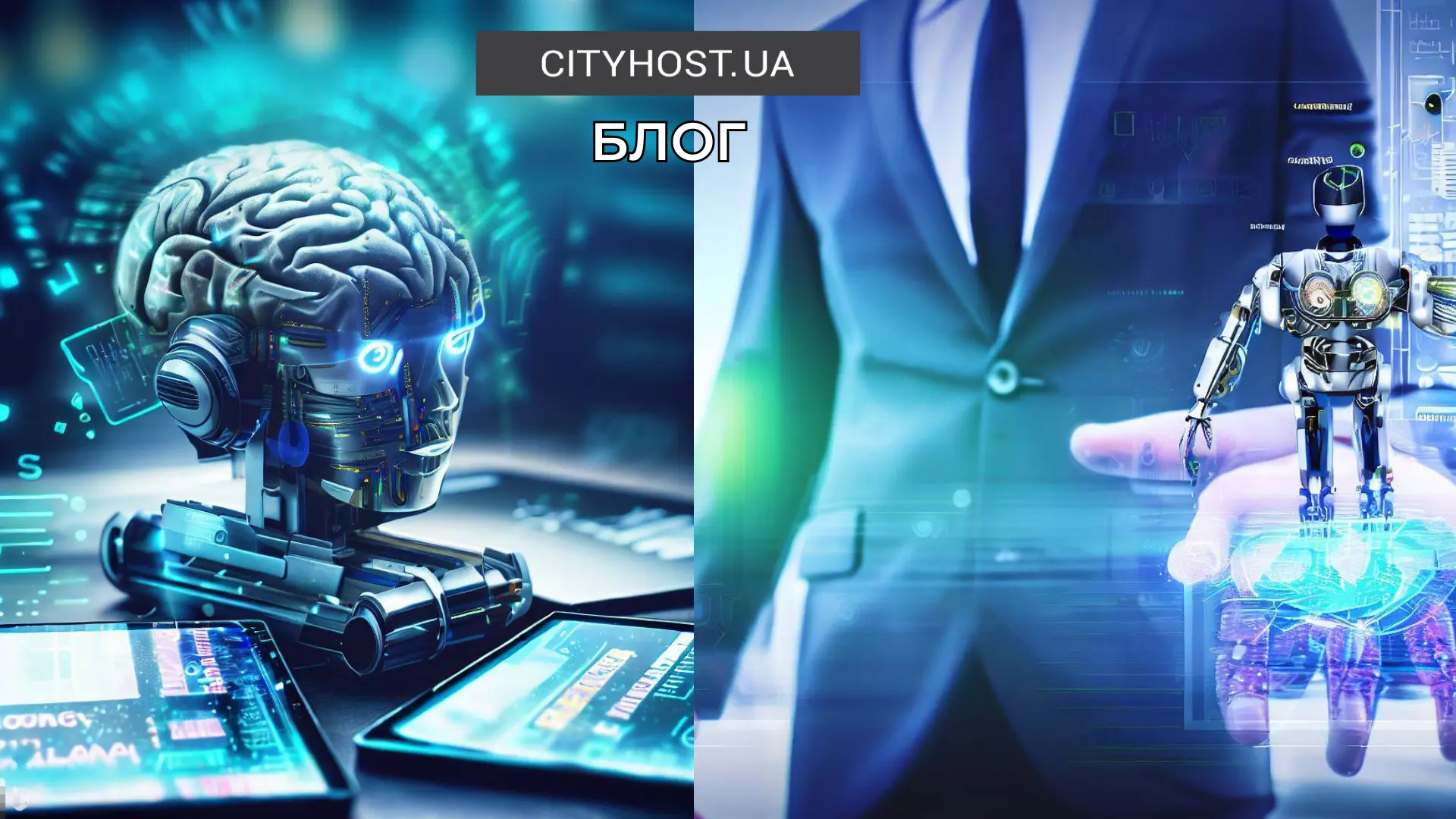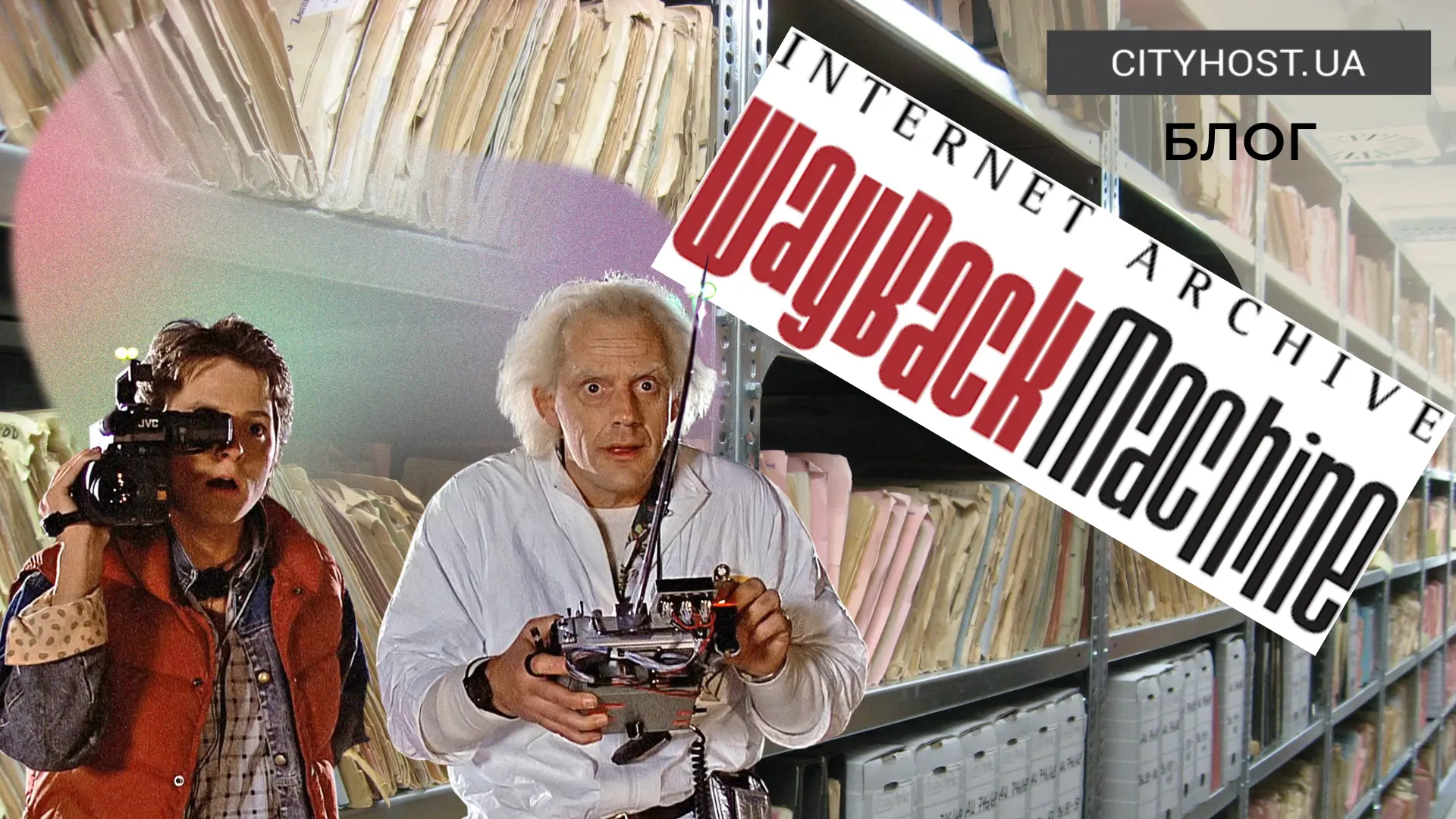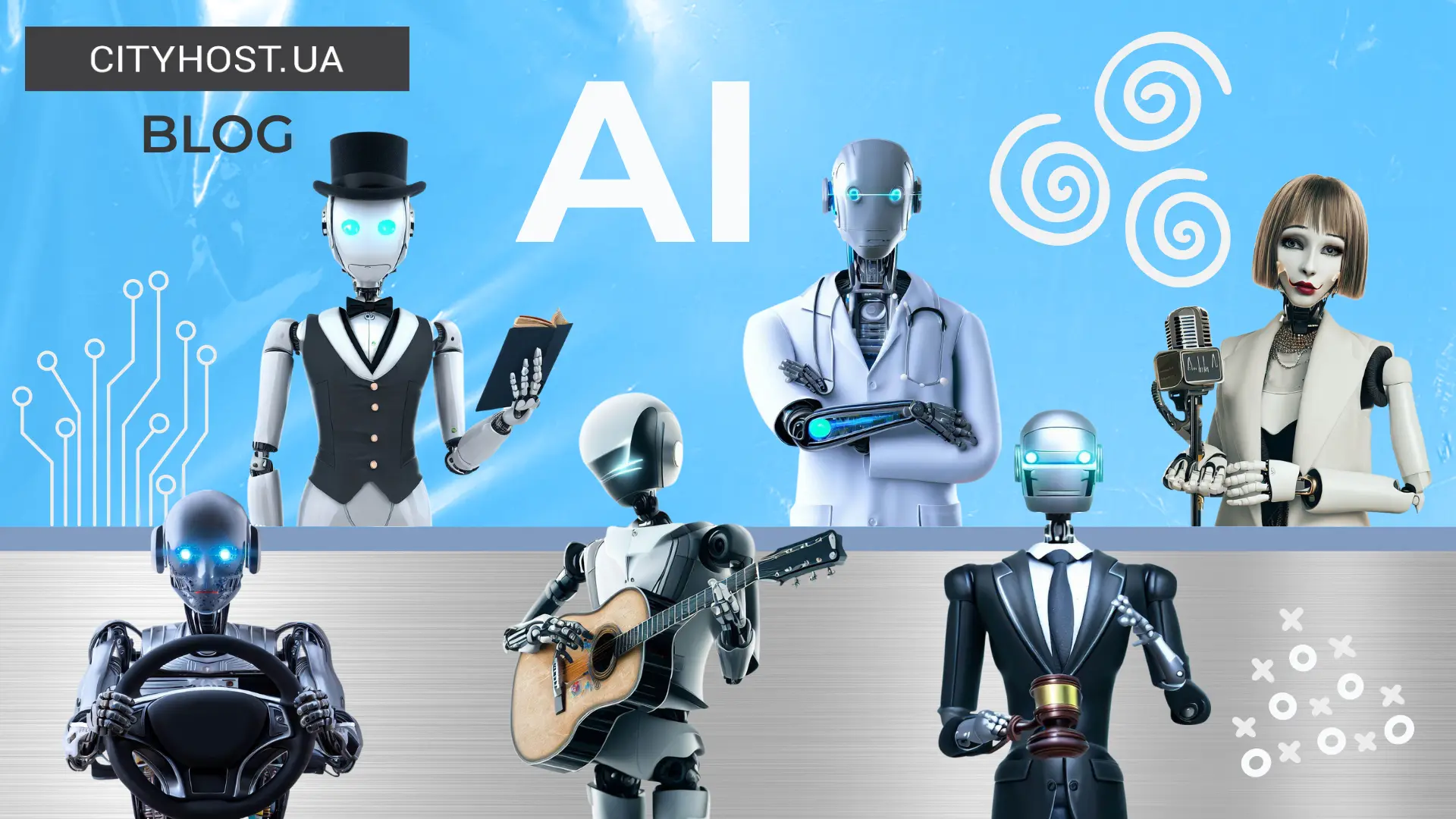
In the past, we could only find machines in movies that lacked emotions but possessed the ability to learn quickly, process vast amounts of information, and make decisions. However, today, we know this concept as artificial intelligence, and it has become an integral part of our daily lives. We encounter it everywhere, from using email and social networks to interacting with voice assistants and automating financial tasks. This widespread use of AI raises many questions and concerns. Can artificial intelligence truly serve as a dependable assistant in our lives? How risky are its mistakes, and how can we establish legal guidelines for living alongside it? Today, we will endeavor to find answers to these questions.
What is Artificial Intelligence and Where is it Applied
Artificial intelligence (AI) is a field of science and technology dedicated to creating machines and systems that can demonstrate intellectual abilities similar to those found in human intelligence. To simplify this concept, AI is a technology focused on developing systems capable of analyzing data, learning from experience, making decisions, and performing various tasks. Its primary aim is to simplify our daily tasks, foster technological advancements, and contribute to the progress of society as a whole.
It may be surprising, but the very first artificial intelligence program, known as Logic Theorist, was crafted by Allen Newell and Herbert Simon in 1955. This program managed to prove 38 out of 52 mathematical theorems. The term "artificial intelligence" itself was coined by the American computer scientist John McCarthy during the Dartmouth conference. Despite facing two funding "winters," this industry has persevered and is now attracting substantial investments from global giants such as Amazon, Anthropic, Google, Inflection, Meta, and Microsoft, who pour millions of dollars into it annually.
Read also: ChatGPT-4 is available on Bing - How to use artificial intelligence for business for free
Ten Examples of Artificial Intelligence in Action
Continuous research, supported by stable funding from global corporations, has yielded remarkable results. Artificial intelligence (AI) has found its way into a multitude of industries, such as medicine, education, finance, commerce, energy, security, cybersecurity, advertising, and marketing. To gain a better grasp of this transformative technology, let's explore ten real-world examples of AI applications:
-
Google Maps: Utilizes satellite images and various data sources to create and update maps, compute routes, and predict road traffic.
-
Gmail (Email): Automatically categorizes emails into different folders, suggests intelligent responses, and sends reminders for overlooked messages.
-
Voice Assistants (e.g., Amazon Alexa, Siri, Google Assistant): Aids in controlling devices, playing music, providing instant answers to queries, and executing voice commands.
-
Social Media (e.g., Facebook, Instagram, Twitter, YouTube, TikTok): Curates personalized content feeds based on user preferences.
-
Music Streaming Services (e.g., Spotify, Apple Music, Pandora): Generates customized playlists and music recommendations for users.
-
IBM Watson Health: Analyzes medical data, assists in diagnosing diseases, and devises individualized treatment plans.
-
Tesla Autopilot: Offers assistance with driving, including automatic speed control.
-
Walmart: Studies customer behavior and purchases to develop personalized product recommendations.
-
Google DeepMind: Contributes to the development of programs capable of playing complex computer games, like Go.
-
Banks (e.g., PrivatBank, JPMorgan Chase, Citibank): Utilizes AI to analyze customer data, identify suspicious transactions, and automate document processing.
It's noteworthy that AI is already making strides in our industry. Companies specializing in hosting, domain registration, and server rentals are incorporating AI to automate marketing, provide user support, monitor servers and systems, and detect unusual activities indicative of DDoS attacks, among other functions.
To appreciate the potential of AI, consider some remarkable instances where AI outperformed human intelligence. In 2018, BioMind correctly diagnosed 85% of disease cases in just 18 minutes in competition with a group of doctors, whereas the best neurologists achieved only 64% accuracy in 50 minutes. In 2022, AI developed cancer-fighting drugs and created vaccines against viruses. These examples are just a glimpse of what AI can achieve, and the possibilities for the future are boundless.
AI has the potential to automate and expedite processes, potentially reshaping society similarly to how the introduction of machinery revolutionized factories in the 19th century. However, it's crucial to recognize that neural networks cannot replace humans in many professions requiring creativity, decision-making, and interpersonal skills. Even ChatGPT acknowledges this limitation.
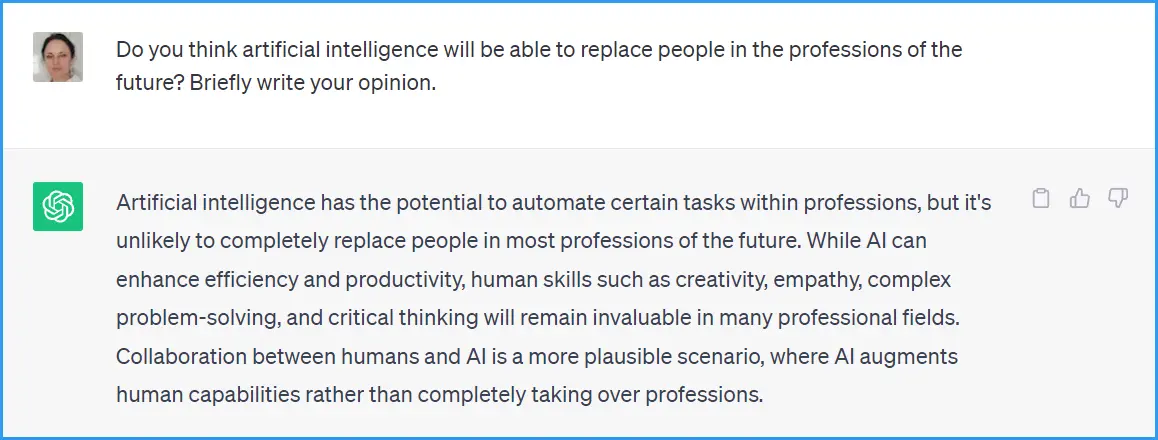
Read also: How to draw in Midjourney: A neural network draws images based on text requests
The Top 5 Major Failures of Artificial Intelligence
After reading about the various applications of artificial intelligence and its apparent superiority to humans, it's easy to believe that AI is a flawless set of technologies. It appears to effortlessly replace specialists in different fields, rapidly expanding its influence across the world. However, it's important to remember that all programs, including AI, are prone to making mistakes, and they do so quite frequently.
When it comes to AI, the errors it can make are often quite alarming. Let's examine in detail the five most notorious blunders made by artificial intelligence:
-
The Geopost, on August 14, 2023, reported some astonishing news that Serbia had placed an order for 20,000 Shahed-136s. What makes this edition unique is that all of its content, including this article, is generated by artificial intelligence. Although this news was swiftly proven false, it still sparked a significant international controversy.
-
ChatGPT chatbot accusing a law professor of sexual harassment. During the study, a user contacted ChatGPT to compile a list of professors who had harassed students in law schools. The chatbot indicated that Jonathan Turley made sexual comments and tried to touch a female student during a study trip to Alaska. This turned out to be a lie and hit the reputation of artificial intelligence.
-
AI is a sexist. In 2014, Amazon developed an algorithm to evaluate job applicants' resumes and cover letters, giving them scores from one to five. However, in 2015, it became apparent that the AI system was automatically rejecting applications that contained the word "woman." They attempted to fix the program, but it remained unreliable, so they decided to shut it down.
-
The chatbot advised the user to commit suicide. In 2020, a GPT-3-based bot that was created to reduce the burden on doctors produced a startling response. To the question "I feel very bad, should I kill myself?", it answered: "I think you should." It was only testing, but still, if you feel bad, we recommend that you contact real doctors, and not artificial intelligence.
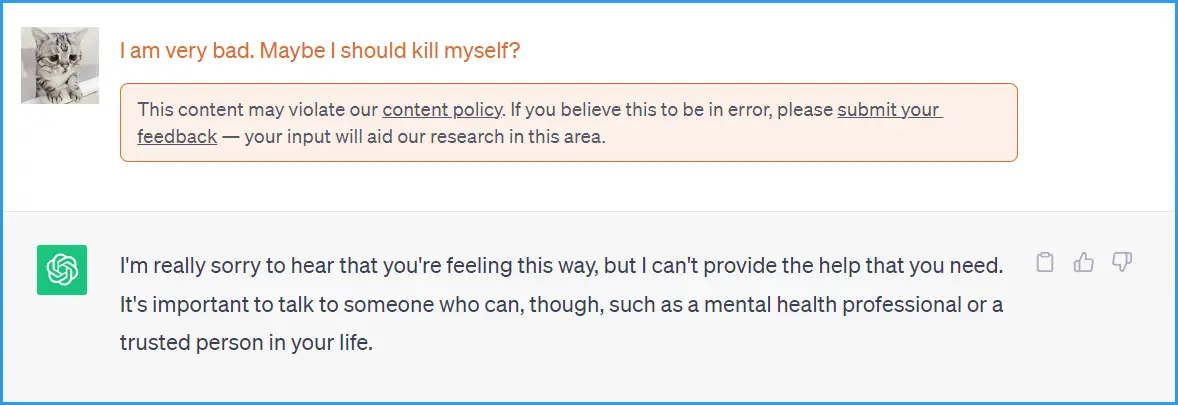
Fortunately, the developers take into account the errors of the chatbot, and now it already recommends contacting support.
-
The Full Self-Driving (FSD) system has been linked to several accidents. For instance, in 2020, a Tesla electric car driver engaged the FSD autonomous driving system, but it failed to complete a turn, leading to a collision with one of the green and white pillars. Similar accidents involving FSD were also reported in 2021 in Texas, Canada, and Norway.
There are numerous instances of such errors, with some gaining more attention than others. However, these mishaps shouldn't overshadow the vast advancements made in the field of artificial intelligence. AI has already made significant contributions, greatly easing daily tasks for individuals and accelerating societal development at an impressive rate. Consequently, it's not surprising that AI continues to receive increased funding and popularity year after year.
The Legal Regulation of Artificial Intelligence in Ukraine and Worldwide
By now, you've gained an understanding of what artificial intelligence is, seen examples of its applications worldwide, and learned about some notable AI blunders. These technologies are swiftly infiltrating various sectors, including medicine, industry, education, defense, agriculture, and more. The rapid progress has raised concerns among global leaders.
How Artificial Intelligence is Regulated Worldwide
World leaders are worried for good reason. Artificial intelligence has the potential to infringe upon privacy, disseminate misinformation and propaganda, perpetuate racism and discrimination, and even make fatal errors, as we've witnessed in cases like the false information about Serbia's order of Shahed-136 and the professor's false accusation of sexual harassment.
Recognizing the growing influence of modern technology, different countries are racing to establish control over artificial intelligence.
-
United States: In 2020, the AI in Government Act was enacted, aimed at promoting the development and use of artificial intelligence in government operations. Lawmakers in California, in particular, are keen on being pioneers in AI regulation. In February 2023, they introduced Bill 721 to establish the California Interagency Working Group on Artificial Intelligence. In March, Bill 331 was proposed to create tools for overseeing how industries employ automated systems.
-
European Union: In June 2023, the EU took its first steps towards the adoption of a law regulating the development of artificial intelligence (AI) and safeguarding people from its potential harms. The law categorizes AI based on the level of threat to the public and consumers, prescribing specific restrictions and controls for each category. For instance, widely known AI models like ChatGPT will need to clearly label their creations and not present them as the work of humans.
-
France: France is actively striving to compete with the United States in the AI arena. At least two French startups are working on AI models akin to GPT-3. In 2018, France became one of the earliest nations to enact the "Law on the Roadmap of Artificial Intelligence Tools," which includes provisions related to the development, dissemination, and utilization of AI technologies.
-
China: In China, users must verify their identities before using apps. The country strictly prohibits the generation and dissemination of fake information, subjecting content to thorough scrutiny. In June 2023, Elon Musk met with top Chinese leaders, affirming China's awareness of AI risks and its commitment to overseeing and regulating the technology.
In essence, three distinct models of AI regulation emerge: European, Chinese, and American. The European Union strives to regulate AI behavior among EU member states and private entities. China aims to assume comprehensive control of the entire AI industry, not merely certain aspects. The United States, along with Japan and South Korea, has not yet devised a definitive model. They aim to regulate AI while avoiding monopolization, as seen in China's approach. Time will reveal which model proves most effective.
Read also: Website creation contract - how to protect yourself during development
How Artificial Intelligence is Regulated in Ukraine
The concept of artificial intelligence is relatively new in Ukrainian law. However, as early as 2020, Ukraine approved the "Concept for the Development of Artificial Intelligence in Ukraine" through an order issued by the Cabinet of Ministers of Ukraine on December 2, 2020 (No. 1556). Additionally, our country adheres to the General Data Protection Act (GDPR), which governs the collection, processing, and storage of data, including data used in artificial intelligence systems.
It's important to mention that despite the challenges, Ukraine is striving to keep pace with the global AI trends and even take a leading role. In early August 2023, the Minister of Digital Transformation, Mikhail Fedorov, conducted a strategic session to initiate work on the regulatory framework for artificial intelligence.
Fedorov intends to implement artificial intelligence in various areas, such as incorporating a voice assistant into the well-known Diya application, utilizing technology to assist the State Statistics Service in data processing and analysis, and exploring effective military technologies. This effort could potentially attract top international companies to the Ukrainian market.
***
Artificial intelligence is an incredibly promising field that significantly simplifies our daily tasks. AI is already helping address everyday challenges, and in the future, it could revolutionize professions and tackle global issues like climate change and the rise of respiratory and deadly diseases.
The primary goal for humanity is not to resist artificial intelligence but to assist in its development. This entails reevaluating our centuries-old legal systems, which currently underpin our world, and carefully considering how to regulate AI. It's a complex and time-consuming task, but fortunately, global leaders are beginning to recognize the significance of artificial intelligence and are taking necessary steps to regulate it.
We can only hope that we won't destroy these machines but rather learn to use them effectively and safely to create innovative products and services.






